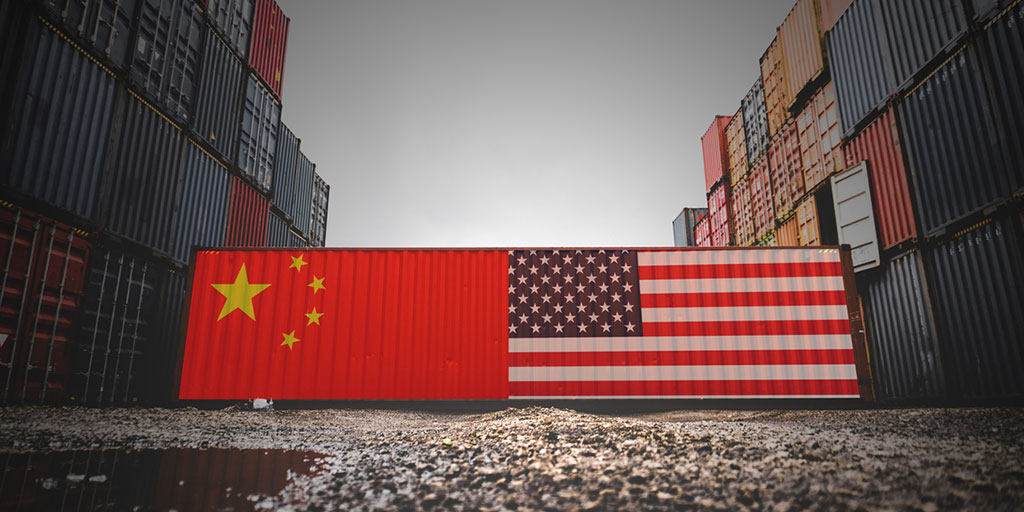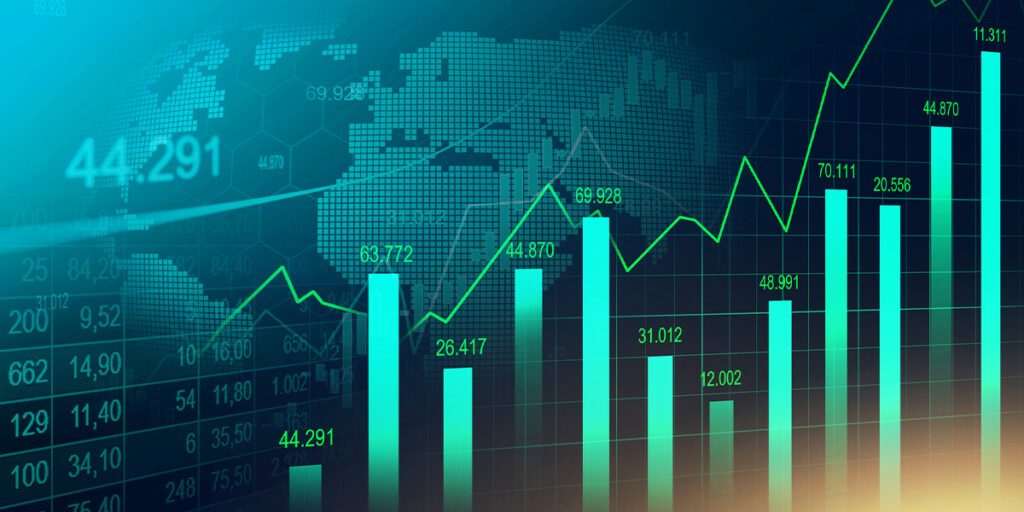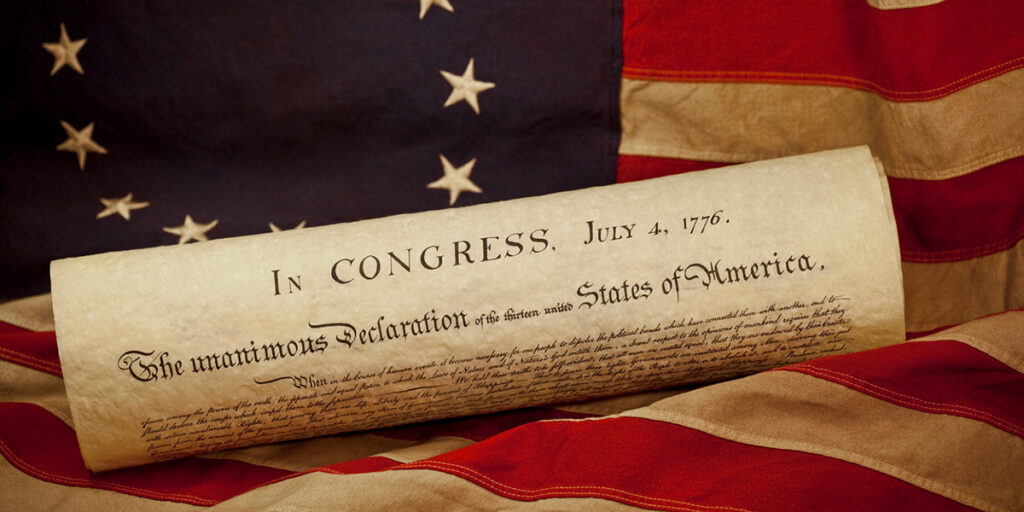The subject of the trade war between the US and China can be both confusing and tiresome. It’s a hard one to follow. It’s certainly not clear whom to believe. One day, a deal appears imminent. The next day, it’s highly unlikely. There is in fact a great divide within the President’s inner circle as to what a good deal even looks like. Markets were rattled this week when notified that Presidents Trump and Xi will not meet before the March 1 deadline. There reportedly isn’t even a draft of a deal in place. We still believe some sort of economic agreement addressing tariffs is likely and might come with a delayed truce. But the larger issue around intellectual property, with stealing and spying alleged, is highly unlikely in our estimation. An executive order banning Chinese telecom equipment in America is apparently coming soon. That will certainly rattle the process. We anticipate an extended period of friction, akin to Cold War characteristics regarding Intellectual Property has begun.
I was down in San Diego this week for an investor conference. The topics varied widely from Tech and innovation to running a small business in the Digital Age, to the Trade War. The latter topic attracted a large audience and triggered debate. I sat in a session with Matthews Asia and their resident China expert Andy Rothman, who has a different view of the issue at hand.
The question was posed to him: “Why invest in communism?” Rothman believes this is an outdated view. Matthews firmly believes that China is a modernization story, unlike anything else in the world. Trade between the US and China over the last 2 decades has contributed mightily to both economies and its citizens. The US has been importing deflation for years from China. The result has been much lower prices for consumer goods. As we know, the Consumer accounts for 70% of US GDP. That has been critical to American prosperity.
China has been slowing. But that was inevitable as it transitioned from an economy geared towards exports into one of consumption. The slowdown has been gradual from unsustainable levels and has evolved. The real story is the Chinese Consumer, all 1.4 Billion of them. The Chinese consumer has experienced phenomenal income growth, 123% over the last decade while US Consumer hasn’t seen much in the way of a pay raise for years, an increase of just 9% during that period.
It’s a growing belief that China is more worried about the trade war than the US. The concern is the trade war might lead to blocking students from American schools and blocking American chips from selling to China. It’s important to note that President Xi’s daughter went to Harvard.
The thing is, US manufacturing is already great. Productivity has been rising for decades while employment in the sector has shrunk. This is a trend going back to the 1950s. It’s Efficiency. It’s evolution. The US has always been great about making things with fewer people over time.
Trade has gone both ways. US exports to China are up 600% since China joined the WTO nearly 20 years ago. GM and Boeing sell more units to China than the US now. Nike has a string of 18 consecutive quarters of double-digit growth in shoe sales in China. 10 years ago, Chinese customers couldn’t buy a pair of Nike shoes. Now they can get them virtually anywhere with 2-day delivery. The Chinese people have demonstrated they like American stuff. They like Disney films, Apple phones and Starbucks coffee.
Former Cisco CEO John Chambers said that for decades, trading with China has been a win-win relationship. In his mind, that changed in the last ten years resulting in a win-lose, with the US on the short end of the equation. That’s what this is about. Xi knows allowing foreign companies into its market has been beneficial to the Chinese people and its economy. China needs Intellectual Property rights. There has been too much stealing, including internally. Stealing technology only gets you so far. Xi did agree to deal with Obama in 2015, but it only lasted a year, then back to old ways. China has become an innovative, modern economy. Xi needs to prove he is not against entrepreneurs, including within his own nation where they are thriving. 86% of urban Chinese employment is small, privately owned companies. This is new and significant.
China has been focused on its One Belt, One Road initiative. It’s been referred to as China’s Marshall Plan. The Marshall Plan was the roadmap after World War II for recovery under American influence. It set the stage for globalization, investment and alliances with new norms.
The One Belt initiative is targeting 1/3 of global GDP and 2/3 global population. It’s big. This is a new threat to the American Super Power status. This is a new China. China has become an innovator. China is the second largest economy and is catching up to the US in start ups and venture capital. China is no longer just copying. China is creating. Health Care is an area which has received a great deal of investment and results. The US is feeling the challenges and effects from lack of investment after the Financial Crisis a decade ago. Risk aversion saw American CEOs opting for money flows back into stock buybacks and dividends while cutting costs. Many US companies have not been aggressively investing for the future and are being left behind. It’s the example of the short-game and the long-game. China plays the long-game.
China is a communist but market oriented nation. There is no democracy. Matthews points out that China is terrible with human rights. US engagement has done some really great things towards improving social and humanitarian issues. This needs to continue.
This is a big test for these two super powers, with great implications the world over. The US and China are never going to align themselves politically or ideologically. But they can absolutely work together as leaders of the free world. It doesn’t have to be a zero sum game for the US and China. But at the current stage, that’s exactly where things seem to stand. The Market will likely experience choppy price action as the dispute continues to run its course. The strong start to the year is due for a breather.
Have a nice weekend. We’ll be back, dark and early on Monday.
Mike







